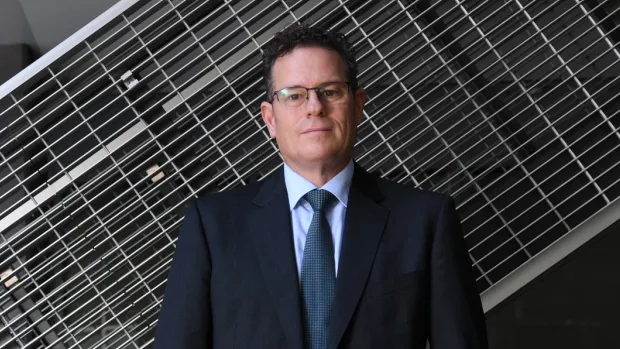Report finds gig workers underfunded retirement.
A report recently released by Industry Super Australia (ISA), a research and advocacy organization that aims to maximize the retirement savings of fund members and is the peak body for the superannuation sector, reveals that gig workers are missing out on AUD 400 million (USD 269.8 million) in retirement contributions. According to the report, ISA estimates that there are 275,000 gig workers in Australia, including delivery drivers, disability carers, IT professionals, and education workers, who could have up to AUD 29,000 (USD 19,561) more in their retirement if they were paid superannuation.
Bernie Dean, Chief Executive at Industry Super Australia, stated that being a gig worker should not deprive them of the opportunity to save for a decent nest egg at retirement. Paying gig workers superannuation is not only the right thing to do, but it also makes economic sense since they will be more self-sufficient in retirement and less reliant on the age pension, which is paid for by everyone through taxes.
The ISA’s analysis shows that the average transport and food delivery gig worker misses out on AUD 1,900 (USD 1,281) in super contributions annually when working an average of 14.5 hours per week at AUD 24 per hour. If they spend three years in the industry, these super contributions would reach AUD 17,200 (USD 11,602) at retirement and AUD 28,700 (USD 19,359) if they are in gig work for five years. Additionally, many gig workers in Australia are under the age of 35 and would benefit from compound earnings over the decades.
“These workers are critical to caring for our elderly, delivering food and driving us home. They have every right to share in the benefits of what is meant to be a universal saving system,” Dean said.










